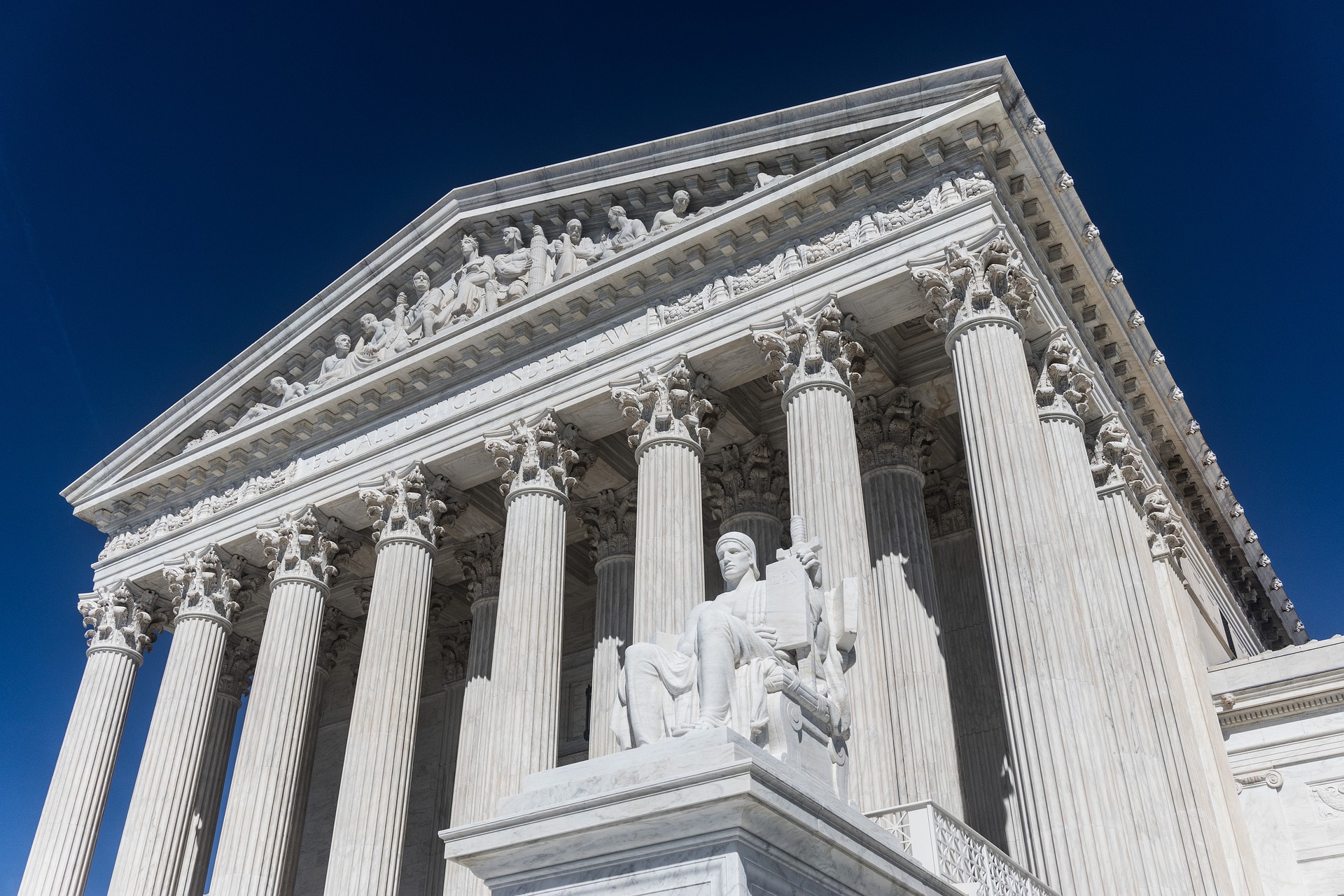Understanding the Intricacies of Election Law Changes in the United States
Introduction: Election laws are a fundamental aspect of a democratic society. Recent changes in these laws in the United States have stirred up a significant amount of discussion. This article delves deep into the evolution of these laws, their implications, and the resulting impact on the country's democratic process.

The Evolution of Election Laws
In the United States, the election laws have undergone numerous changes since the inception of the country. The voting process, initially restricted to property-owning white men, has expanded over the years, thanks to a series of constitutional amendments and landmark legislations. These changes have aimed to extend voting rights to previously disenfranchised groups, including African Americans, women, and young adults aged 18 to 21.
Recent Changes in Election Laws
The recent changes in election laws have been primarily driven by the experiences of the 2020 Presidential Election. The pandemic necessitated alterations in the voting methods, leading to an unprecedented number of mail-in and early voting. Post-election, several states have enacted laws that tighten voting rules. These laws have been controversial, with critics arguing that they disproportionately affect minority and lower-income voters.
The Legal Perspective
From a legal perspective, these election law changes are subject to the Voting Rights Act of 1965, which prohibits racial discrimination in voting. However, the 2013 Supreme Court ruling in Shelby County v. Holder significantly impeded the Act’s enforcement. The court ruled that the formula used to determine which states and local governments had to obtain federal pre-clearance before changing their voting laws was outdated, effectively nullifying the Act’s pre-clearance provision.
Implications of Election Law Changes
The implications of these changes are far-reaching. On one hand, proponents argue that stricter laws are necessary to prevent voter fraud and maintain election integrity. On the other hand, critics claim that these laws suppress voter turnout, particularly among minority communities, and undermine the democratic process.
Impact on Society
The impact of these election law changes on society is profound. They have the potential to reshape the electorate and alter the political landscape. At a broader level, these laws also raise fundamental questions about the nature of democracy and the right to vote.
In summary, the changes in election laws in the United States highlight the dynamic and contentious nature of the democratic process. They serve as a reminder of the ongoing struggle to balance the need for election integrity with the imperative to ensure universal and equal access to the ballot box. Understanding these changes, their legal grounding, and their societal impact is crucial for every informed citizen.




